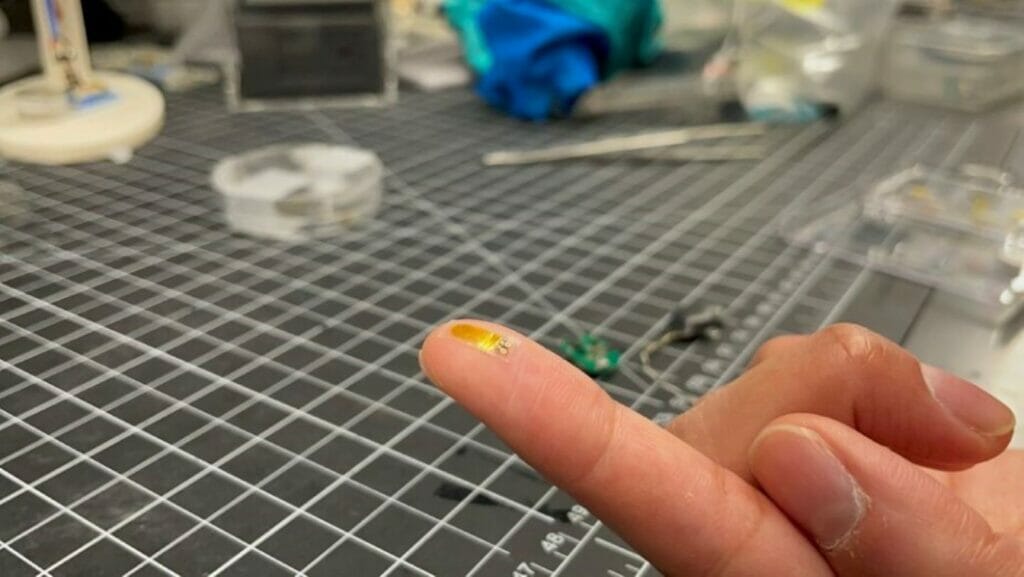
Organ transplant can extend the lives of older adults and others who develop conditions such as kidney failure, but the potential for an autoimmune response and rejection still is a major concern. Up to 20% of transplants can be rejected, with that figure increasing to 40% for heart transplant surgeries.
But a new tool could provide a major breakthrough in monitoring and avoiding organ rejection: an ultrathin electronic implant that would continuously stream data about the organ to a software platform.
The device, developed by engineers at Northwestern University, could help clinicians identify early signs of organ rejection and deliver anti-rejection therapies to save the organ and the patient. The research was published in the journal Science last week and has a particular focus on kidney transplants.
Although it may not always be serious enough to require treatment, let alone a transplant, up to 38% of older adults have chronic kidney disease.
Of the approximately 800,000 Americans who do end up with end-stage renal disease, about 30% end up needing a transplant, according to the National Investment Center for Seniors Housing & Care.
Adults aged more than 70 years are the fastest-growing cohort of those needing kidney transplants, with many showing promising short-term outcomes, based on one study from earlier this year. Due to lack of available organs and the possibility of autoimmune rejection, however, as many as half of those needing transplants die while on a wait list, that research shows.
Although more kidney transplant referrals can be expected from long-term care facilities, there remains a need to identify best practices for offering transplants to long-term care residents, according to one pre-pandemic study. In that study, some transplant professionals did show concern about surgical solutions for those living with dementia.
Caring for seniors with kidney disease represents a potential “win-win” for the long-term care space, as some managed treatment could be covered by Medicare, NIC wrote in a blog post last year, although that was particularly applicable to dialysis.


